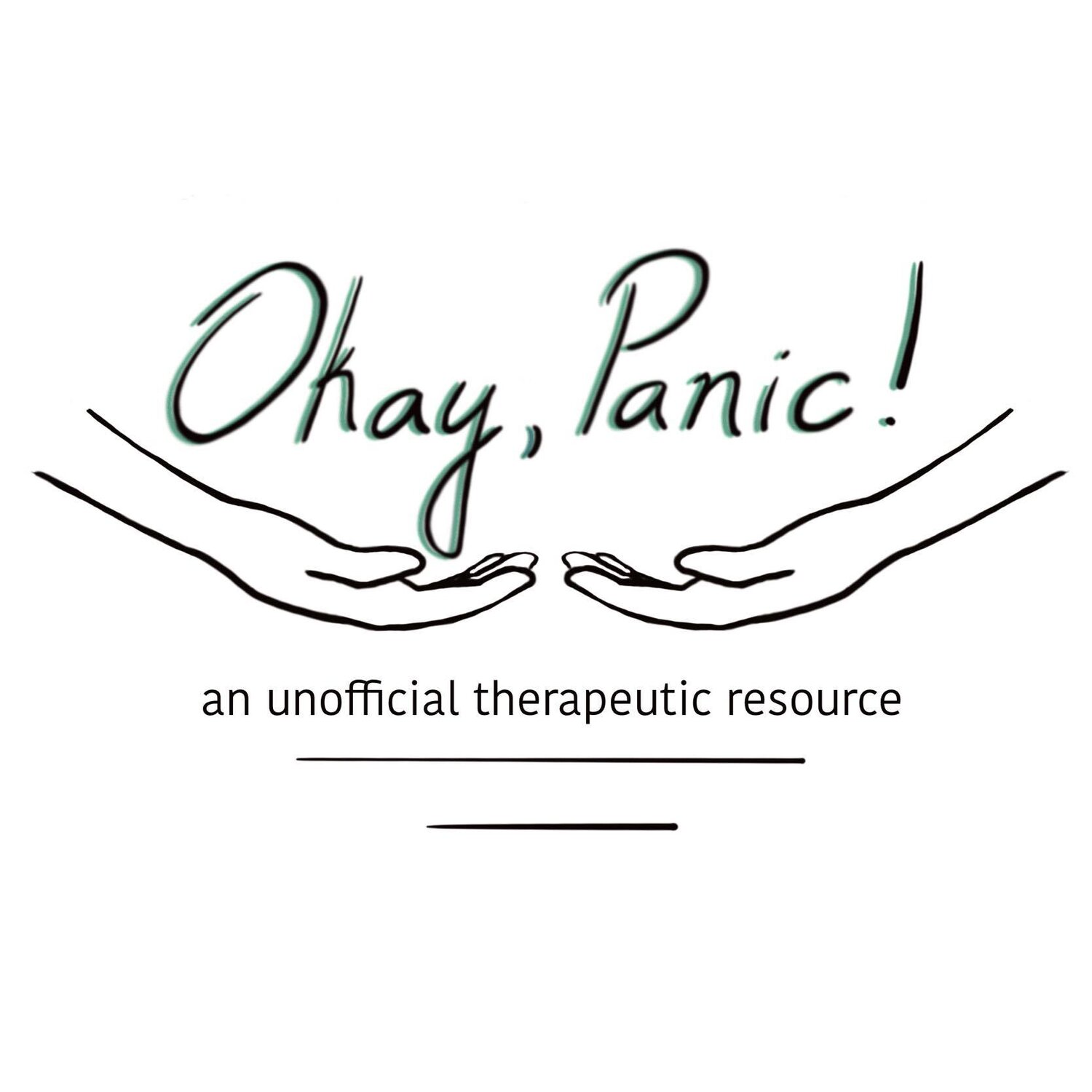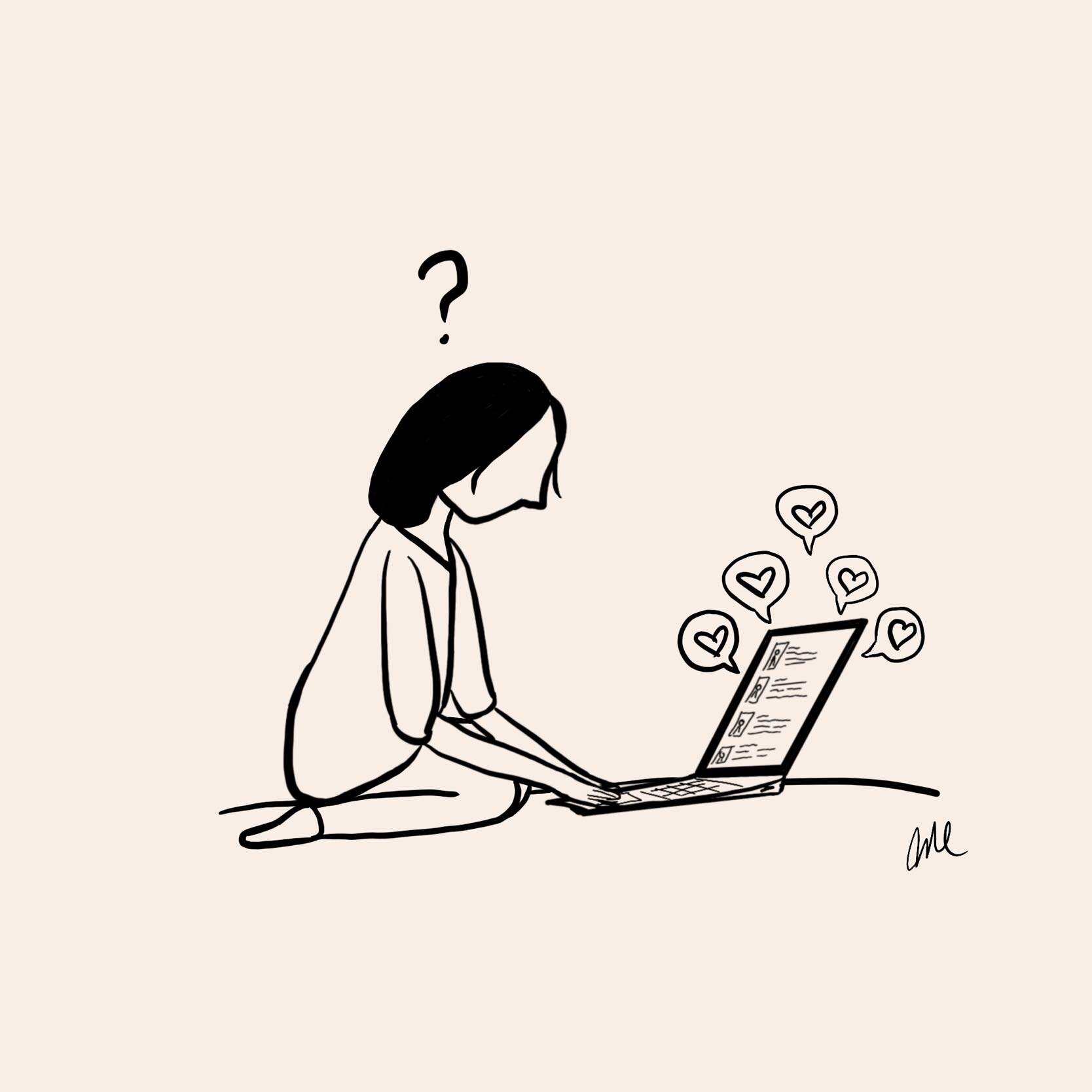How To Start Therapy - Part 1: Dispelling the Myths
Illustration by Mia Clow
This last year has thrown challenges at all of us that we probably never thought we’d face. We probably never would have believed if someone had told us we’d be doing school programs online, and working our 9 to 5’s at home on our dining room tables. It’s been hard on us all for a multitude of different reasons - kids, moms, dads, students, healthcare workers…we all have our difficulties and probably more than ever we all need some support in coping. We might be feeling hard things and not really knowing what to do with them. Perhaps you’ve thought to yourself, maybe I should look into therapy?
First, allow me to dispel some “myths” about therapy. We’ll get into the steps of how to actually begin the process, but I thought it might be helpful to sift through what you can expect once you’ve started. And maybe if you’re on the fence, this might help you get over the fence.
Therapy is not you lying on a long leather couch, while your therapist asks you questions about your childhood and then blames everything on your parents. Hollywood and Tv have been making this “joke” for as long as I can remember. It’s simply only painting a picture of one very specific type of psychologist. It doesn’t really look like that for the majority of people I know. Right now, it’s a phone call or video call, but normally it’s a couch or an armchair across from your therapist’s couch or armchair. It’s usually a room in a private office space, or at a clinic. There will usually be a waiting area for shoes. Some that I’ve visited have white noise machines in the waiting area too. Occasionally my therapist asks about things when I was younger but the point is to understand the roots of our challenges. For example, looking back might help me understand an event that may have triggered anxiety around a certain activity or event. It can be easier to work through things now if you understand why they are hard in the first place.
Therapy isn’t someone solving your problems or telling you what to do - they help you find solutions and help you discover how to cope. You won’t walk out of your first session feeling magically healed. I know that might sound disappointing, but I promise slow and steady really does win this race. Your first few sessions are kind of like first dates. You need time to get to know each other. After the first couple of times, you’ll have an idea of whether you feel like it’s a good fit, or not. Eventually, you get more comfortable and build trust. Sometimes you will have a really great session and walk out feeling better about things that were troubling you, and other days it may take a couple to tackle things that are a little heavier – but every time the load gets a little lighter.
There is nothing wrong with you for seeking therapy. Do you know how attractive it is to know someone had the mindfulness to go “You know what, I think I need some help in figuring this stuff out"? Therapy doesn’t have to be about being depressed or anxious or even anything really life-altering. You can start therapy because you feel stressed and you just don’t know how to de-stress. You can start therapy because of a one-time event in your life. You can start therapy because you feel burnt out or simply because you want to be more mindful and aware of your own thoughts and feelings. You can even start therapy to help you navigate the different relationships in your life whether they are personal or professional. Personally, I think we could all benefit from therapy. A friend and I laughed the other day at something we read online that went something like… “I go to therapy to deal with all the people in my life who don’t.” You might be surprised by how much you can learn about yourself and others.
A Therapist does not prescribe medication. There is a difference between therapists and psychiatrists. Psychiatrists can prescribe medications for what you may be dealing with. For example, if you are struggling with anxiety or depression, they can help you find the right medication to suit your needs as well as having the knowledge of therapeutic techniques that can work with the medication. While I’ve thought about taking medications and have some basic knowledge, I ended up deciding it wasn’t the right choice for me, so I have no direct experience with a psychiatrist. Because of this, I will talk more about therapy, but if you are thinking of medication, the first few steps will probably be similar. If I remember correctly, the most effective way to work through mental health challenges is a combination of medications and therapy together. You’re getting the relief you need from things out of your control and practicing skills to cope at the same time.
There are some more financially friendly options for therapy. Full transparency? It’s not easy to get therapy at a lower cost. I know. It’s a big problem with our healthcare system. But there are some options that give you a little wiggle room. I will go into more detail next time, but depending on your location some clinics are covered by your healthcare. Many therapists offer some clients a lower price (it’s not a huge difference but it’s still a difference), and there are some specific offices that run “low-cost therapy”. I’ll go into more detail later.
So that’s a lot to take in, so I’m going to pause this here, and come back later with the next steps. Give you some time to think and reflect. Ask me some questions if you like – I’m an open book. I will also link below to some of my other posts about therapy, and check out my “Find Help” page if you want to look through some options for where to start therapy.
Until next time,
-B

